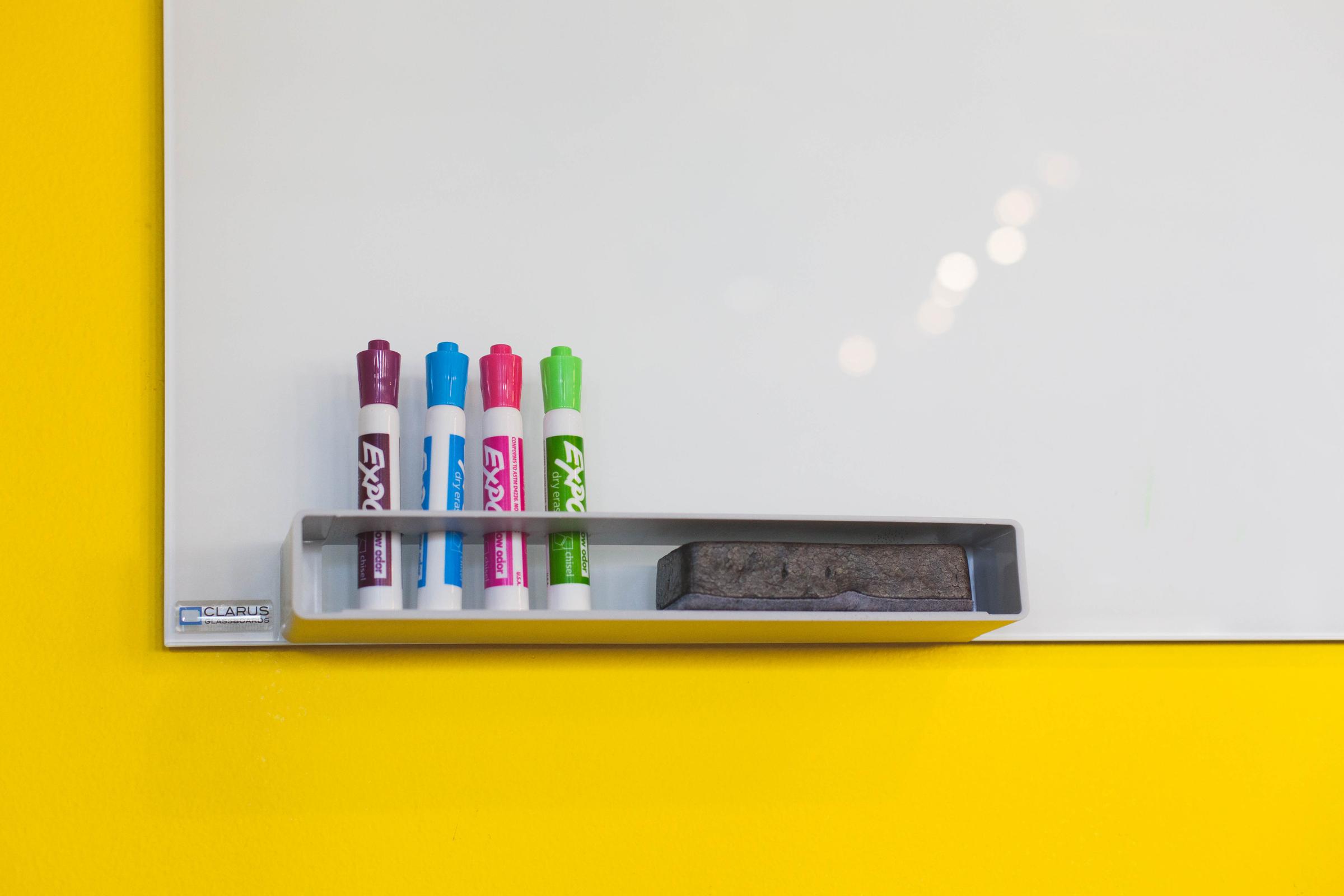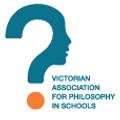Philosophy in Schools Readings

Riku Välitalo, a Finish academic and expert in Philosophy for/with Children writes here about the role of the teacher and the nature of teaching in philosophy for children
Philosophy for Children (PFC) promotes a pedagogy that builds on a collective process of truth-seeking and meaning-making. In contrast to seeing teachers as sources of knowledge, they are often described as facilitators in this communal process. PFC is part of the larger movement in education that has aimed to put the child at the center of the teaching and learning process. Yet, PFC, similar to other child-centered pedagogies, brings new challenges to understanding the role of the teacher. This article traces the questions concerning the pedagogy of PFC by incorporating Alasdair Macintyre’s (1984) notion of practice and the scholarship of PFC. Macintyre’s concept of practice offers the source for unveiling the internal goods of teaching in PFC. This article locates the internal goods in the teacher and in the work or performance of the teacher. Especially, a particular moral phenomenology and a biographical genre of a PFC teacher are articulated to flesh out the internal goods found in the teacher. The work of the teacher is characterized as entailing two components that shape its role. One is in composing a platform for collective progress grounded on epistemic criteria and another level of specifically educational judgements the teacher has to make individually, which together form the internal goods found in the performance. The nature of teaching and the role of the teacher in PFC provides a set of goods for the PFC teacher in his or her educational task.
